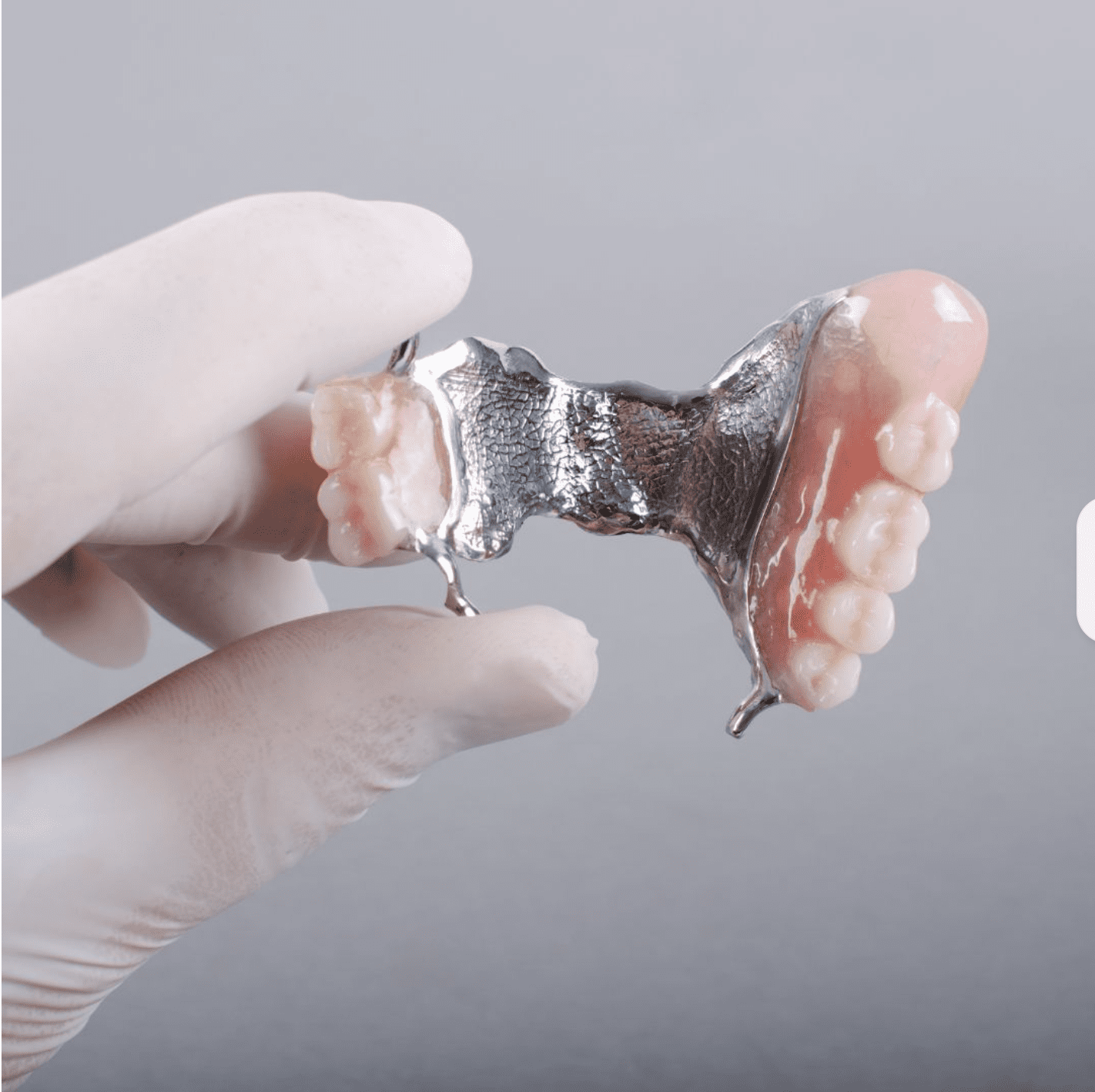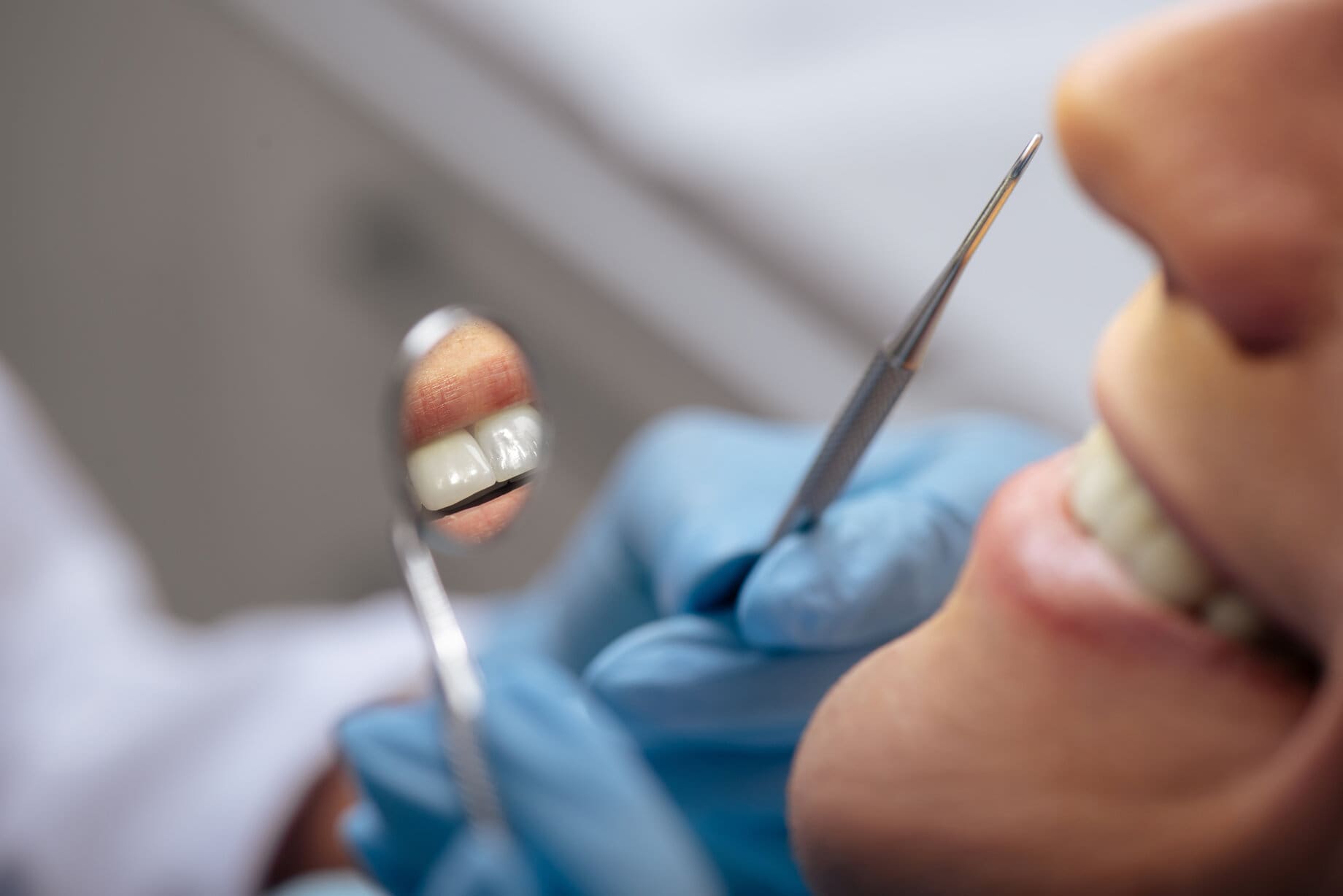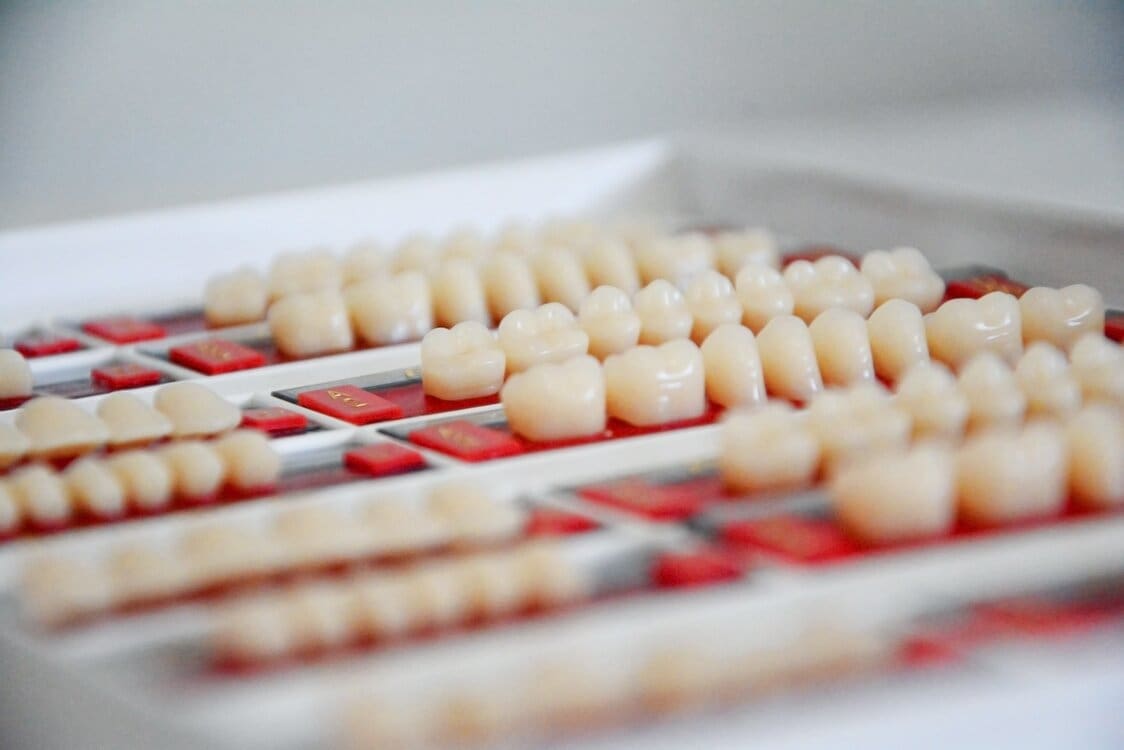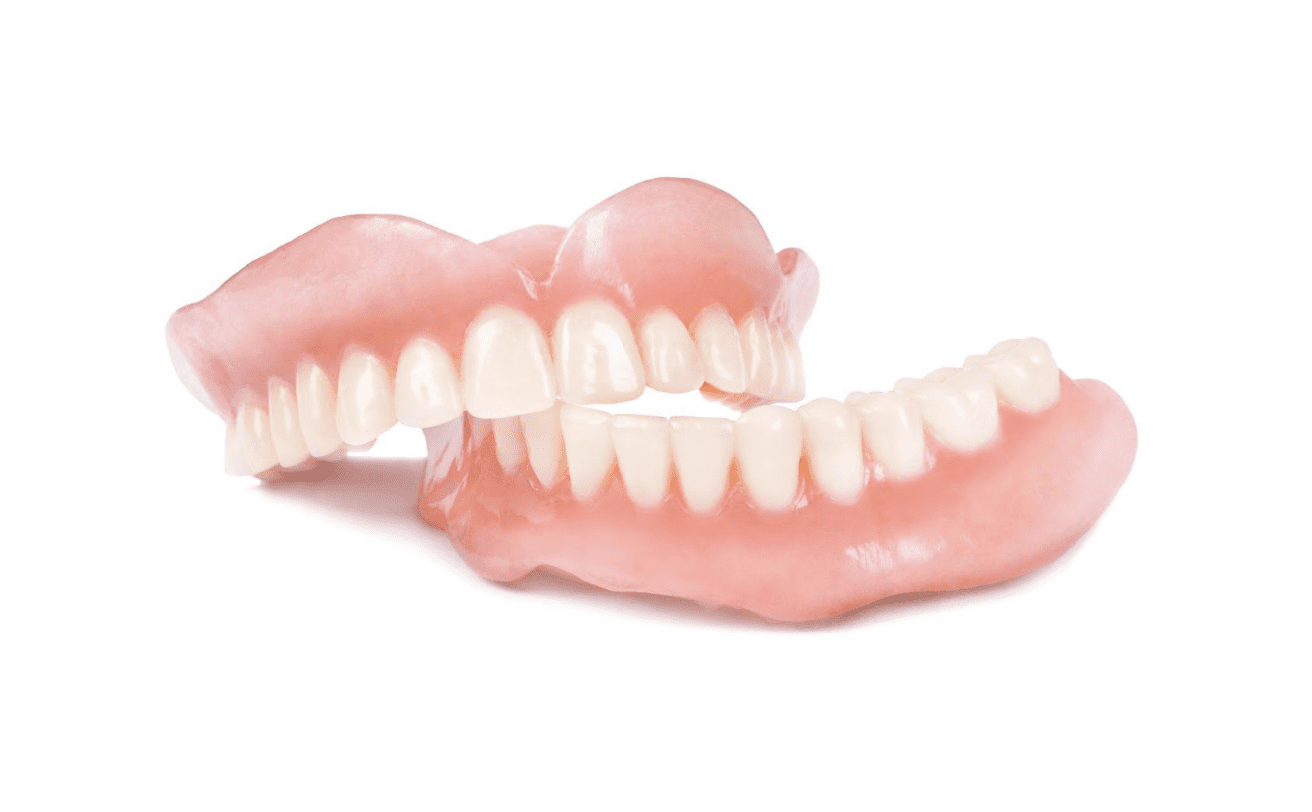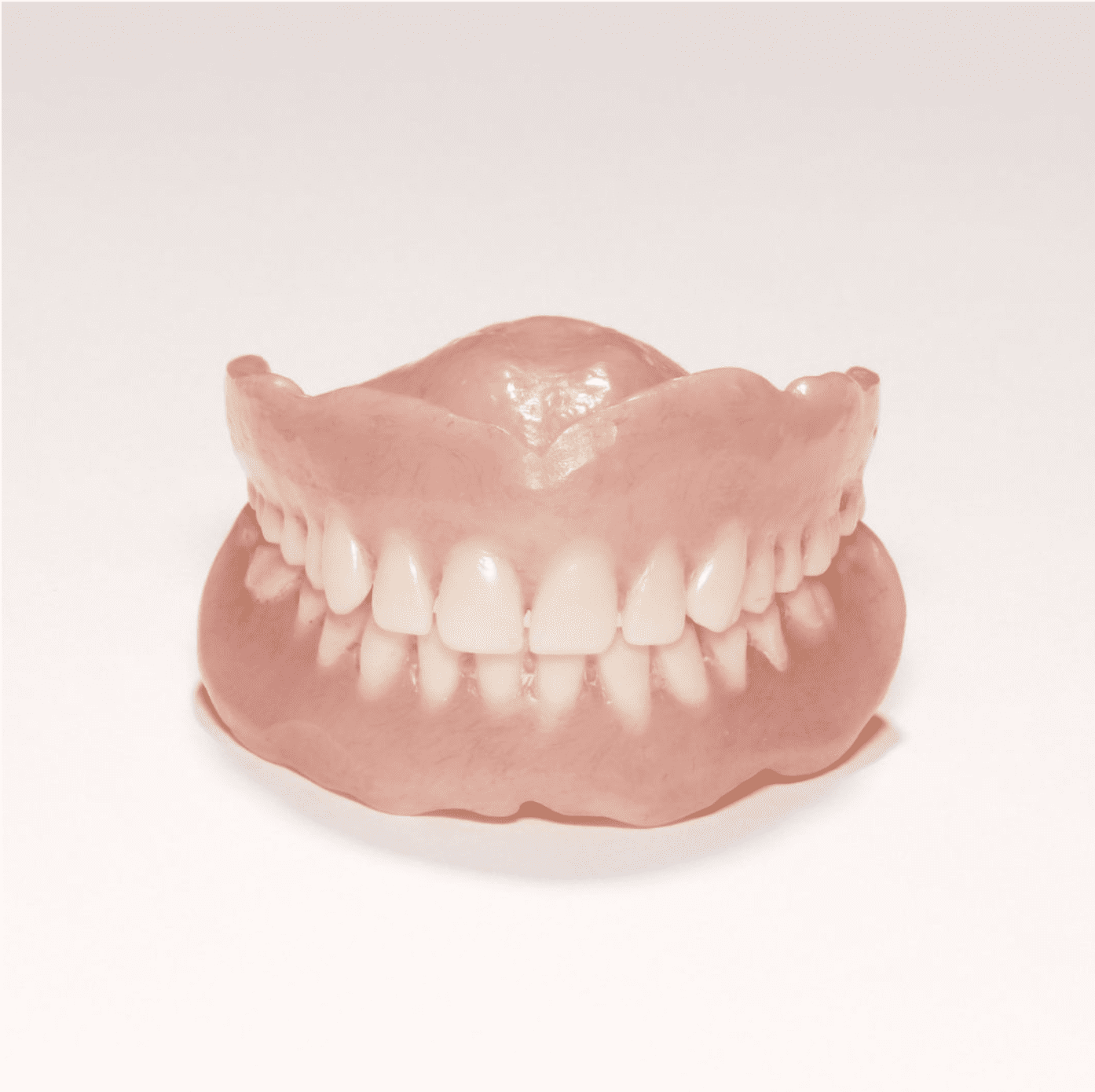Considerations When Getting Partial Dentures in Weymouth, Ma
If you’re considering getting partial dentures, you have a few missing teeth but don’t want to replace your entire upper or lower teeth. Partial dentures are removable appliances made from either plastic, metal, or both. These are placed in a patient’s mouth to help restore their smile and boost their dental health. This cosmetic treatment is for people with a few missing teeth or teeth falling out.
While they can be a good solution in the above cases, here’s what you need to consider before getting them:
You Must Have Valid Reasons
If you’re missing a few teeth and don’t want to get full dentures or removable flippers, partial dentures may be a good option. If you have gum recession, excess gums, or a job that requires biting and chewing, partial dentures may help. And if you’re missing teeth in the front of your mouth, partial dentures can improve your smile.
But if you have teeth- and gum-related problems that can be resolved by proper oral hygiene or a visit to the dentist every six months, don’t count on getting these appliances any time soon.
You Must Know How Many Teeth Will Be Replaced
If you need to replace some of your teeth, you may want to consider partial dentures. Partial dentures are a good option for teeth replacement in your upper or lower set while improving your smile. If your dentures are well-fitted and comfortable, they can restore regular functions such as biting and chewing.
Be Mindful of Financing
There are ways to finance partial dentures, so you don’t have to spend all your money on them at once. Talk to your dentist about qualifying for a dental loan or see how insurance can cover a portion of the cost.
There Are Various Kinds of Denture Materials
The materials used in partial dentures can greatly impact the price and appearance of your dentures. For instance, if you choose to have partial metal dentures, it will cost you more money.
On the other hand, polymer partial dentures are inexpensive, artificial tooth replacement options that are also available in various colors.
Acrylic dentures are another type made out of plastic. Like their polymer counterparts, they are usually less expensive than other types of dentures and are affordable options for patients looking to save on cost.
You may consider using dental resin if you want a more aesthetically pleasing appearance for your partial dentures. Just remember to talk to your dentist about the various materials to come in prepared for the cost and goal you have in mind.
There Are Mouth Attachments to Choose From, Too
How your dentures fit can also affect how well they stay in place. If your dentures fit well and don’t slide around, they’re more likely to stay in place.
Soft attachments are a good choice if you constantly adjust and put your dentures back in place. Polishing attachments may be a good option if you don’t mind wearing your partial dentures for long periods to maintain a great smile.
Get Fitted for Partial Dentures at Weymouth Dental Arts
For partial dentures in Weymouth, MA, contact Weymouth Dental Arts right now! We provide patients with customized care using the latest technologies in general, cosmetic, and emergency dentistry. Book your appointment now through our website!





